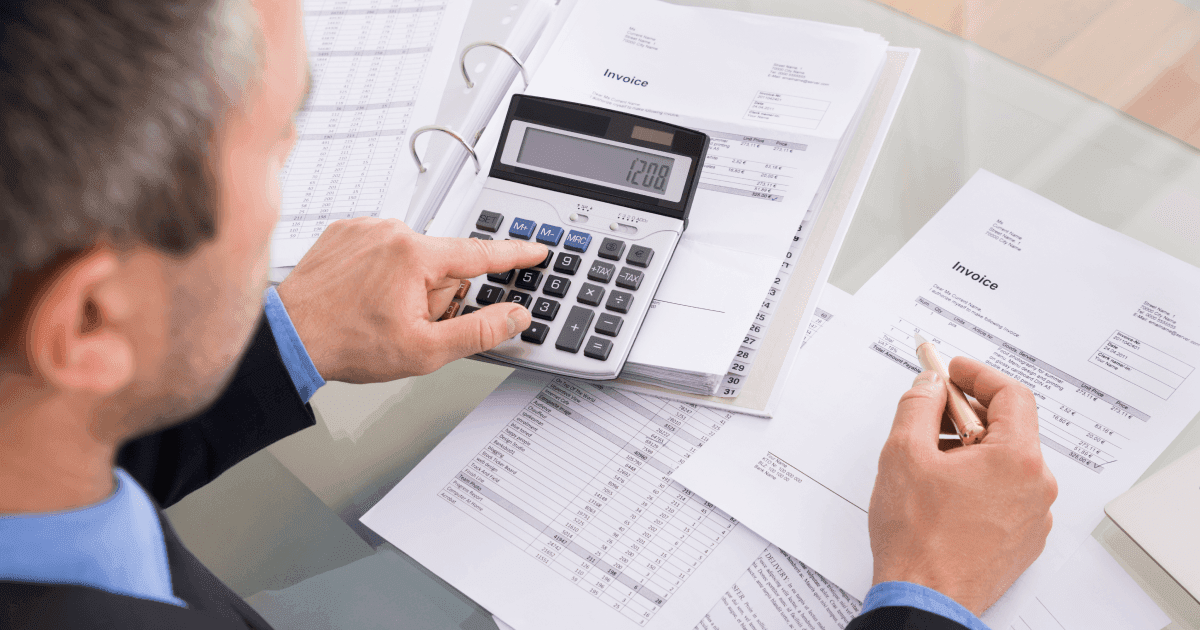The TOP 3 headaches for expats are (1) getting a visa, (2) blending into the local culture, and (3) understanding the tax system. This article may become your pill for the third point as we will explore the tax system in the UK. We’ll cover the UK tax year dates and give an overview of the system.
An overview
One thing you have to understand is that tax rates in the UK are not fixed. The UK operates a progressive tax system, meaning the more you earn, the higher your tax rate. Tax is primarily deducted through the Pay As You Earn (PAYE) system for employees. At the same time, self-employed people and those who gained additional funds must provide this information to the authorities via a tax return until a set deadline in the UK.
Some important dates in the current UK tax year
- The UK tax year usually is from April 6 to April 5 the following year.
- The tax return deadlines in the UK are
- October 31 in 2024, for paper-based (passed).
- January 31 in 2025, for online submission.
- The deadline for payment on account is January 31 in 2025
After mastering the local tax system, treat yourself to a one-day trip from London because you deserve it!

Types of taxes in the UK
Note here that if you're not a UK resident yet, you don't have to tax your overseas income; however, if you are, such payments are obligatory. Overall, there are several types of taxes that you may have to consider as an expat.
Income tax
The name speaks for itself, but what incomes are included? The basic ones are job money from offline-based or online work in Great Britain, pensions, rent, and savings. Luckily, not everything in this world is about taxes (hi, capitalism). For example, you don't have to pay taxes as a self-employed person on your first £1,000 of income. Read the full list of what is and is not included on the official government website.
In the UK, your income tax rates in 2024/25 depend on the UK tax band you are in. Here’s the list relevant for the UK tax year 2024/25:
| The UK tax bands/ the UK tax brackets in 2025 | Taxable income | Tax rate |
|---|---|---|
| Personal tax allowance 2024/25 | Up to £12,570 | 0% |
| Basic tax rate in the UK | £12,571-£50,270 | 20% |
| Higher tax rate in the UK | £50,271-£125,140 | 40% |
| Additional tax rate in the UK | Over £125,140 | 45% |
Note again that these rates are calculated while considering the personal tax allowance in 2024/25. However, in Scotland, the remaining income tax rates change after the deduction. You can read more about it on this page of the United Kingdom government website.
Thinking about taxes makes one sad, but supporting your family abroad is a way to brighten the mood. Send them some money to make your and their day better — secure and speedy Profee transfers will help you all along.
National insurance
It is the type of payment that goes to your pension and future benefits. It may be a burden now, but your future self will be grateful for this sacrifice. Like with the UK income tax rates in 2024/25, we must understand how the UK tax brackets and categories work in 2025.
National insurance payments depend fully on the category you are in. For instance, those under 25 belong to the category H, but most of the workers are in the standard category A.
Once you've checked the list of categories and found yours, view this extensive table to determine which UK tax bracket you're in in 2025. It differs for the employees and employers; be careful not to confuse those two, as the rates are higher for the employers.
These are the main two types of taxes that you'll face as an expat. Others are business rates, corporation tax, council tax, VAT, and more. You might need to pay them depending on your current financial, living, and residential status. Please check the official resources to get a full view of the tax system in the UK.
More about tax-free allowances in 2024/25
Allowances reduce the amount of money you have to pay to the government. If you were a careful reader (and we know you were), you should remember that we mentioned personal allowance, which magically makes the first £12,570 of your income non-taxable. And there is more to be revealed.
ISA allowance 2024/25
Are you one of those who save and invest wisely? Then, read this carefully. The ISA allowance in 2024/25 is £20,000 per year, meaning that you can gain on investments and savings up to this amount without being charged.
Dividend allowance
If you are part of a company as a shareholder, your first £500 of earnings are free to go.

How to pay taxes
Guess what — it depends.
Income tax for employees
Basically, everything is done by your employer. Companies are obligated to deduct tax from your salary, depending on your UK tax band, before you receive it. Plus, they have to provide you with a P60 summarizing all the income and deductions that took place in the current UK tax year.
Income tax for self-employed
For those who are not a part of a company, things are a little bit more complicated. But don’t worry, once you get used to it you’ll have no problems with the tax system in the UK.
- Register for Self-Assessment with HMRC
- Go to HMRC’s website and register online.
- Deadline: October 5 of your second tax year of trading.
- Complete and submit a tax return. Use the HMRC online portal or send a paper tax return. Remember to meet the tax return deadline in the UK.
- Pay the bill.
After submitting your self-assessment tax return, HMRC will calculate how much income tax you owe. You can pay using:
- Online banking (bank transfer).
- Debit or credit card via the HMRC portal.
- Direct Debit setup.
- Telephone banking or at your bank.
National Insurance for employees
Once again, it’s your company’s responsibility to deduct it automatically from your salary.
National Insurance for self-employed
- Define your class first:
Class 2 NICs: For profits of £12,570 or more per year.
Class 4 NICs: For annual profits above £12,570.
- Then pay. Class 2 and Class 4 NICs are calculated and paid as part of your Self-Assessment tax return.
Keep in mind that the requirements may differ for other tax types.
Conclusion
After reading this article, you should have a common understanding of the tax system in the UK. It may be confusing after you have just arrived, but through the years, you'll know it as well as locals do. Don't be afraid to contact the authorities or professionals in the tax field when having questions. To sum up, here are the things to remember to survive the tax year:
- Tax types;
- The UK tax brackets in 2025;
- The UK income tax rates in 2024/25;
- Tax-free allowances in 2024/25.
With this information in hand, you are good to go and live a stress-free life. Now, take a break, let your brain analyze this knowledge, make a cup of coffee, and surprise your family back home with a fast and secure Profee transfer.




